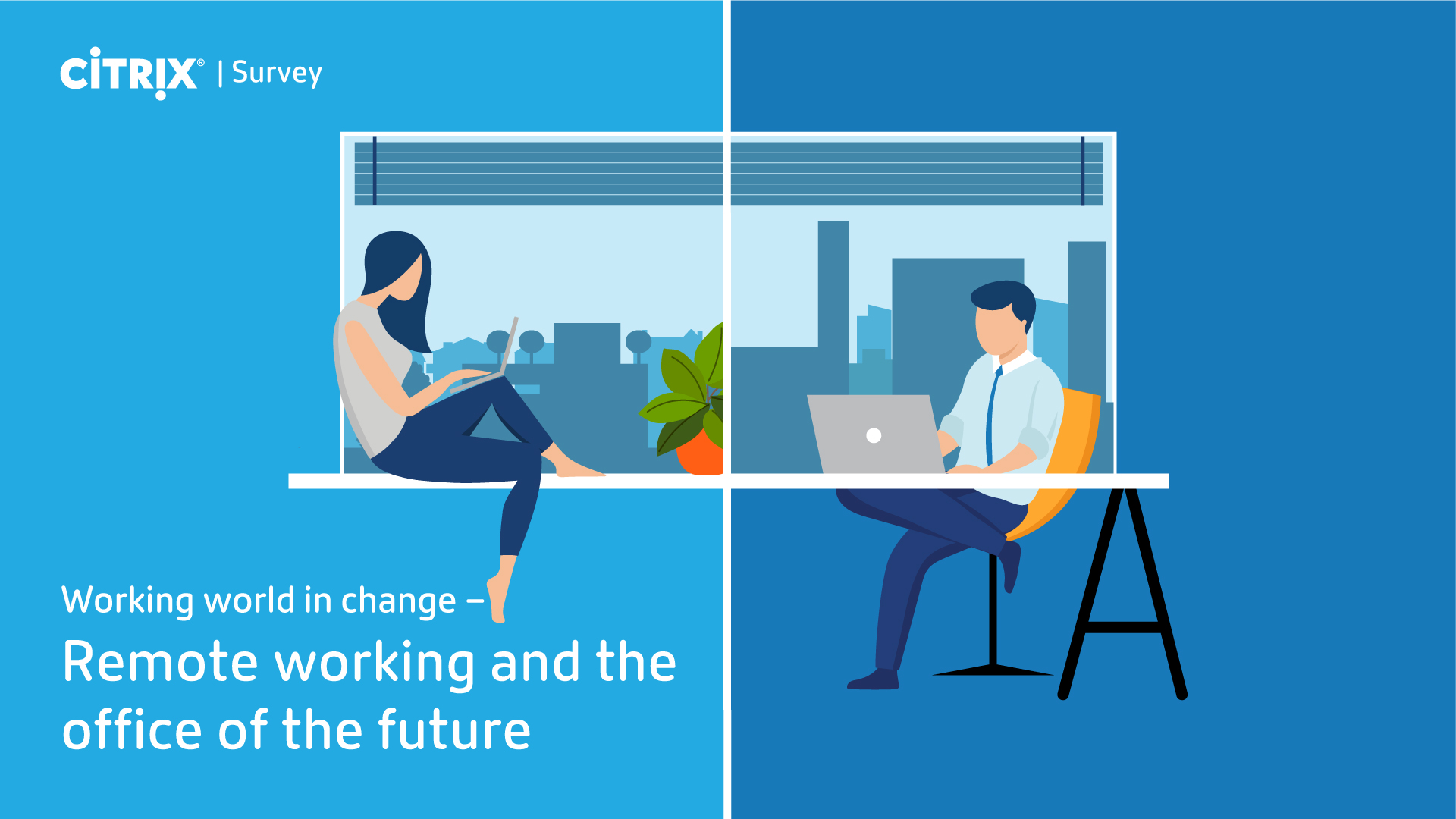[ad_1]
Contributor: Darren Fields, Vice President, Networking, EMEA – Citrix |
Darren Fields, Vice President, Networking, EMEA – Citrix

Lockdown restrictions in the UK are being eased step by step. And yet, before fully opening their office doors, there are things that organisations need to amend or even rethink completely: from work models offered to workplace technology, and hygiene measures in open-plan offices.
New research, commissioned by Citrix and carried out by OnePoll, has found 45 percent of polled office workers state that they would prefer to work from home more frequently. Also, three out of ten employees (34 percent) would like to see more flexible work models, allowing them to easily switch between the office and remote working.
Flexible Work: From nice-to-have to essential
Before the coronavirus crisis, the surveyed office workers used to work from home five days per month on average. 43 percent of those polled believe that in the future, flexible work models and remote work will result in a more digital corporate culture. Two-thirds (66 percent) now consider the future office to be mainly a location for meeting colleagues and customers in person.
New office culture and technologies required
Before returning staff to the office, employers need to address some significant challenges. In the light of the current pandemic, 71 percent of those surveyed are concerned about coworking and hot-desking concepts. 63 percent of polled UK office workers consider working from home, if equipped with the proper technology, on par with working in an office. A significant number of participants (43 percent), however, state that they are currently using software and tools on their work computers that has not been approved by the IT department – or even is explicitly prohibited. The tools accounting for the largest shares are video conferencing (48 percent) and instant messaging software (45 percent).
A more digitally-forward culture will require IT teams to be flexible, adaptable and anticipate workers’ technology needs – to avoid shadow IT challenges in the future. Even beyond technology, the effects of the crisis on corporate culture should not be underestimated: 30 percent of polled employees estimate that more home office usage will improve levels of trust between managers and employees.
The abrupt switch to the home office due to the crisis required trust on both sides. A quarter of those surveyed now hope that this strengthened trust and increased autonomy will be maintained even after the crisis. In general, employees are optimistic that companies will meet these expectations in the time to come. Almost two thirds of those polled (65 percent) think that there will be a better understanding of the human factor in the workplace, and 47 percent agree that the coronavirus crisis experience will help soften established corporate hierarchies.
“To avoid ‘shadow IT’, enterprises need to make sure that in the future, employees will have the necessary technologies that empower them to productively and securely work from anywhere”, says Darren Fields, Vice President, Networking, EMEA at Citrix. “Technology equipment aside, employers should also keep an eye on their employees’ well-being in the new world of work. In this new, sometimes unusual situation, some people have a hard time drawing a clear line between their business and private lives. This is completely understandable, especially when both occur within the same room, or even at the same table,” concludes Fields.
[ad_2]
Source link





